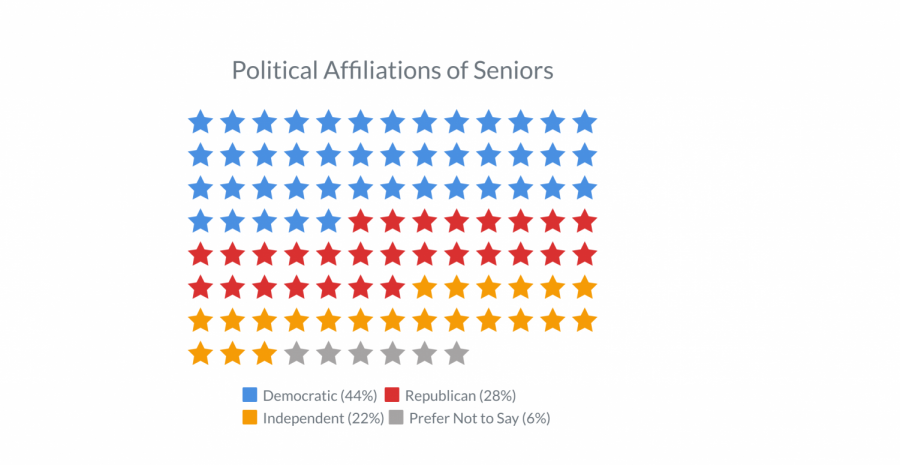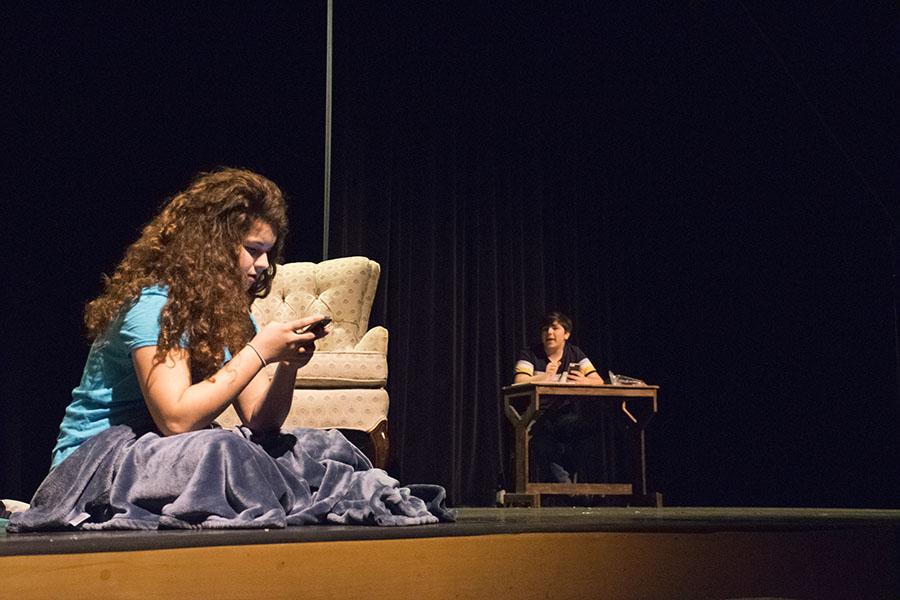There is no greater feeling than waking up on a Monday morning and realizing that you have the day off. With the dreaded daily routine on hold, we have the freedom to stay a little (or a lot) longer in bed, letting the pulse of the weekend peacefully leave us.
For the typical, busy student, a holiday Monday means catching up on homework, relaxing on the couch and enjoying life. It means another 24 hours to prepare and recover.
So when the third week of January gave us this blessing, the holiday was taken for what it was—a day away from the commitments of school and society. It is easy to forget that this was no ordinary Monday.
Martin Luther King Jr. Day has evolved into a day of remembrance. Theoretically, during this federal holiday, people are asked to remember the important steps taken by the civil rights leader in guiding our nation out of the past of segregation and institutional racism.
In this day of observance, we should close our eyes, remember the beauty of the “I Have a Dream” speech and quietly realize how far we have come.
But this identification as a day of remembrance and observance all stems from a different well than the one that inspired the creation of the holiday. When this day was set out as significant in 1994, the day was initially titled the “Martin Luther King Day of Service.”
Written by former Pennsylvania U.S. Senator Harris Wofford and Atlanta Congressman John Lewis and signed into law by President Clinton, the bill that created the holiday assigned it as a day for citizens to take action in their communities.
Instead of a day to cram in some more television, the day was conceived as a time for ordinary people to volunteer and help those in need. Even for those who see it as a day of remembrance, the purpose of the holiday neglects this as a valid interpretation of this Monday.
This day was built up to honor Dr. King. However, honoring him by simply remembering him does not truly give sufficient respect to this man. King Day of Service was designed to honor him in the way he would have wanted to be honored: by continuing his mission.
Even in his final days—when Dr. King became involved in the War on Poverty—the civil rights leader was actively involved in a new struggle. He did not quite achieve his mission as a leader when the Civil Rights Act was passed in 1964. He did not spend the rest of his life remembering that accomplishment.
Dr. King knew that not only racism was not over, but that there were other issues that require our attention. We should follow his example and realize that there is still progress to be made.
Too often, we are too quick to celebrate. Obviously, we have come very far since the sixties. However, we can’t let the years of gradual progress substitute the need for further reform.
From Ferguson to Baltimore, people have protested because they see injustices still inflicting pain on their daily lives. From the horrors of poverty and crime, hopes for greater improvements remain. People all over our country know that there is still work to be done.
King Day of Service is the opposite of a day off. This day is a day when we should get out of bed, so that when we go back to sleep we leave our communities better than they were the day before.
Much more than just a holiday
Categories:
0
Navigate Left
-
 EditorialsDress to Impress
EditorialsDress to Impress -
 EditorialsSchedule Lacks Class
EditorialsSchedule Lacks Class -
 EditorialsAn Active Problem
EditorialsAn Active Problem -
 EditorialsFeedback Reform
EditorialsFeedback Reform -
 EditorialsOut of Service
EditorialsOut of Service -
 EditorialsAll Action, No Talk
EditorialsAll Action, No Talk -
 EditorialsPhony Solution
EditorialsPhony Solution -
EditorialsTime for a Change
-
EditorialsFundraising Fatigue
-
 EditorialsCulture War Hits Home
EditorialsCulture War Hits Home -
 OpinionsHome Away from Homework
OpinionsHome Away from Homework -
 OpinionsPlaque Attack
OpinionsPlaque Attack -
 OpinionsHot Topic
OpinionsHot Topic -
 OpinionsRepresentation Made Real
OpinionsRepresentation Made Real -
 OpinionsOppression On Every Plate
OpinionsOppression On Every Plate -
OpinionsGrade A Problem
-
OpinionsCommentaaron
-
OpinionsCommentaaron
-
OpinionsCommentaaron
-
 OpinionsDeliver on Diversity
OpinionsDeliver on Diversity -
 XPolitical Activism on Campus
XPolitical Activism on Campus -
 XOrlando Has An Affordable Housing Crisis - Here's Why
XOrlando Has An Affordable Housing Crisis - Here's Why -
 XMiddle School Scraps Year-Long PE
XMiddle School Scraps Year-Long PE -
 XNew “Welcome Kiosk” Greets Trinity students
XNew “Welcome Kiosk” Greets Trinity students -
XMore mass shootings: what are we doing wrong?
-
XDon't fall into the STEM trap
-
 XConversations with Nicholas Reifler
XConversations with Nicholas Reifler -
XFebruary 2015
-
XThe best of 2014
-
XNice guys finish last
Navigate Right
About the Contributor

OLIVER TRAPP, ONLINE EDITOR
Oliver Trapp is a visionary. He believes in peace, love, and prosperity. Every single night, he dreams that all humanity can link their hands together and sing Kumbaya. He has been harassed by Lily Bounds, who can’t resist his Hispanic charm. Even though he has undergone much pain with this traumatizing encounter, he has decided to forgive her(because of his genuine kindness). His favorite American president is Dwight D. Eisenhower because he physically built all the highways. In his free time, Oliver devotes much of his time to entrepreneurship. Apart from being the Opinions Editor of the Voice, Oliver is also the CEO of the Student World Report and the COO of the High School Globe. Contact at [email protected].



